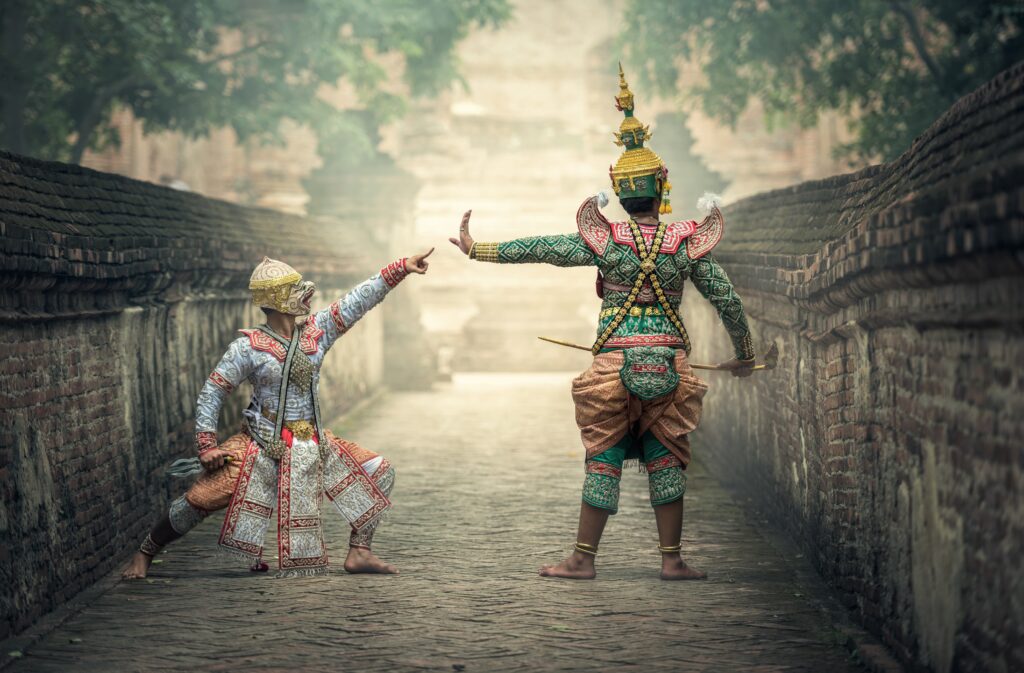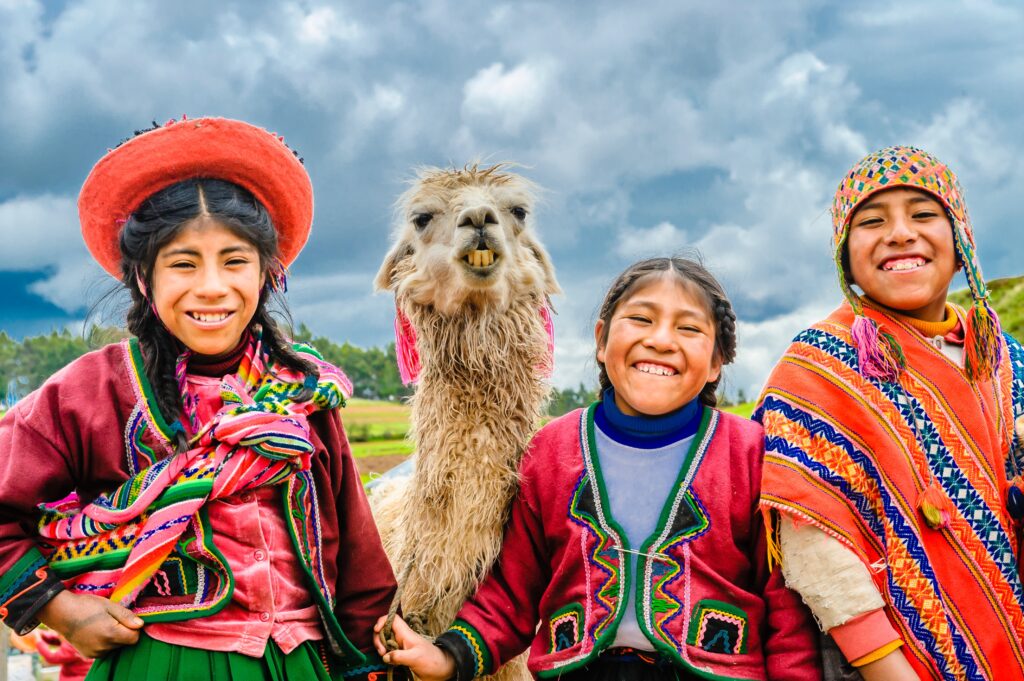LGBTQ+ Rights: Debates center on equal rights and protections for lesbian, gay, bisexual, transgender, and queer (LGBTQ+) people, including marriage equality, adoption rights, and protection from discrimination based on sexual orientation and gender identity.
LGBTQ+ rights have been a source of contention and debate in relation to the Universal Declaration of Human Rights (UDHR). The Universal Declaration of Human Rights, adopted by the United Nations General Assembly in 1948, establishes a comprehensive framework for protecting human rights. While the Universal Declaration of Human Rights does not explicitly mention sexual orientation or gender identity, several principles can protect LGBTQ+ rights. Debates center on equal rights and protections for lesbian, gay, bisexual, transgender, and queer (LGBTQ+) people, including marriage equality, adoption rights, and protection from discrimination based on sexual orientation and gender identity.

LGBTQ+ rights have been a source of contention and debate in relation to the Universal Declaration of Human Rights (UDHR). The Universal Declaration of Human Rights, adopted by the United Nations General Assembly in 1948, establishes a comprehensive framework for protecting human rights. While the Universal Declaration of Human Rights does not explicitly mention sexual orientation or gender identity, several principles can protect LGBTQ+ rights.
The following clauses of the UDHR are particularly relevant to the discussion of LGBTQ+ rights:
Article 2: This article prohibits discrimination because of any distinction, including sexual orientation or gender identity. It states that everyone is entitled to the rights and freedoms without prejudice of any kind.



























